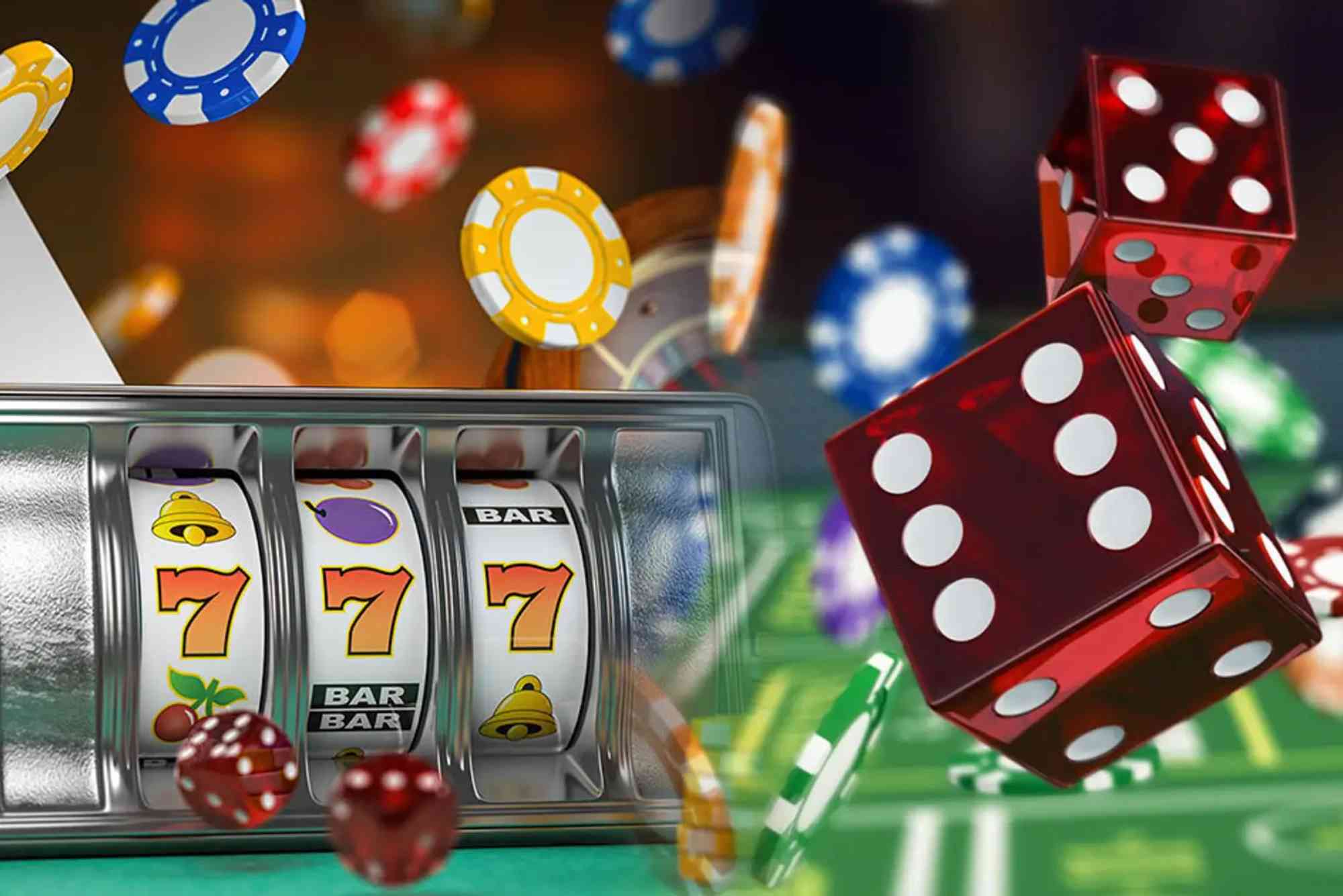In my years of diving into online gaming trends, few innovations have sparked as much curiosity as blockchain‑backed slots. Promising true transparency, immutable records, and visible audit trails for every spin, these games claim to be “provably fair.” But is that label more marketing hype than reality, or does blockchain genuinely deliver an unparalleled level of trust? Drawing on firsthand trials, developer interviews, and real‑world examples, I’ll unpack how blockchains integrate with slot mechanics, the pitfalls players should watch for, and whether provable fairness lives up to its promise.
What “Provably Fair” Really Means
Traditional online slots rely on Random Number Generators (RNGs) maintained by the operator. While reputable casinos undergo external audits, players must trust third‑party certificates and seals. Blockchain‑backed slots, in contrast, allow players to verify each outcome using cryptographic proofs. Before each spin, the casino publishes a cryptographic hash—a commitment to the future result—onto a public ledger. After the spin, players use that hash, combined with on‑chain data, to confirm the spin wasn’t tampered with, ensuring the outcome was predetermined and fair.
In practice, this means no black‑box RNGs and no hidden changes to payout tables. If implemented correctly, anyone can audit the code, review the hashes, and reproduce the spin sequence to confirm fairness. That’s the theory, at least.
How Blockchain Integration Works
Most blockchain slot providers use a “seed” system. The casino server and the player each contribute a seed—strings of numbers and letters—combined through a cryptographic algorithm to generate the spin result. The casino publishes its seed commitment on the blockchain before the spin, then reveals the seed afterward. Players can then verify that the revealed seed matches the commitment and that the combined seeds produce the advertised outcome.
This method hinges on transparency and immutability. The blockchain prevents the casino from altering its seed after seeing the player’s contribution, while public visibility discourages foul play. However, the system’s strength depends on open‑source code, accessible audit tools, and clear instructions for players—areas where many providers still fall short.
Blockchain Slots vs Traditional Slots
While traditional and blockchain slots both deliver random outcomes, the key difference lies in trust architecture. Traditional slots ask players to trust certified auditors; blockchain slots ask players to trust transparent code and public ledgers. In my testing, I found that blockchain games often come with built‑in proof viewers—interfaces where you input the spin ID and view the raw data. Some require manual verification, while more user‑friendly versions offer one‑click validation.
However, there’s a trade‑off: blockchain slots sometimes suffer from slower spin speeds, as transactions need confirmation on the network. Players used to instant spins may find the 10‑second wait jarring. Additionally, gas fees on certain networks can complicate matters, though some providers batch spins or subsidize fees to streamline gameplay.
Are All Blockchain Slots Truly Provable?
Unfortunately, not all games marketing themselves as provably fair adhere to rigorous standards. In some cases, operators publish seed hashes off‑chain or bury verification tools in obscure sections of their platforms. Worse, a few use proprietary chains with limited transparency or revoke access to verification interfaces once a player signs up. These red flags underscore the importance of due diligence.
When exploring new platforms—particularly no kyc casinos—look for providers that host their smart contracts on public networks like Ethereum or Polygon and publish their source code on repositories like GitHub. A genuinely provably fair slot will link directly to its smart contract address, provide clear instructions for proof verification, and maintain open‑source game logic.
Real‑World Examples of Provably Fair Slots
EtherSpin’s Reels of Fortune: This Ethereum‑based slot publishes its seed hashes in a public smart contract. After each spin, players can click a “Verify” button that fetches the server seed, player seed, and resulting RNG values directly from the chain. It’s seamless, transparent, and backed by audited contracts.
Polygon Slots’ Stellar Reels: Deployed on Polygon to reduce fees, this provider batches multiple spins into single transactions, minimizing gas costs. Their verification tool aggregates spin data into a user‑friendly interface, though advanced users can still manually verify each spin via the Polygon explorer.
Hybrid Models: Some casinos combine blockchain proofs with traditional audits. They use blockchain for seed commitments but also hire eCOGRA or iTech Labs to certify overall RTP. These models offer both immediate transparency and familiar third‑party assurance.
Challenges and Limitations
Despite its benefits, blockchain integration comes with hurdles. Network congestion can slow down spin confirmations, and volatile gas fees can affect user experience. Privacy is another concern: publishing seeds and transaction data on public ledgers could expose patterns of play if not carefully designed. Finally, the average player may struggle with manual verification unless platforms invest in intuitive interfaces.
Additionally, regulatory frameworks around blockchain gaming remain murky in many jurisdictions. Players at no kyc casinos—which often cater to privacy‑focused users—should be especially cautious. While skipping KYC can speed sign‑up, it may also indicate looser oversight and fewer protections in the event of disputes.
Best Practices for Players
To navigate the world of blockchain slots:
• Seek out transparent providers with public smart contracts and open‑source code.
• Use platforms with easy‑to‑use verification tools, or learn basic proof‑checking commands if you’re technically inclined.
• Balance your desire for privacy (no KYC) with the level of regulatory assurance you need—public audits complement blockchain proofs.
• Watch network fees and transaction times; opt for layer‑2 solutions like Polygon for smoother play.
• Stay informed about jurisdictional rules regarding blockchain gambling and smart contract enforcement.
Looking Ahead: The Future of Provable Fairness
Blockchain‑backed slots represent a significant leap toward transparent gaming. As networks scale and user experiences improve, we can anticipate faster, cheaper transactions and more seamless proof interfaces. Integrations with decentralized identity systems could even enable privacy‑preserving proofs—verifying fairness without exposing play history.
Moreover, competition among providers may drive higher standards. Casinos that prioritize true provable fairness could differentiate themselves in a crowded market, attracting players who value trust above all else. In time, hybrid models blending blockchain, third‑party audits, and sophisticated UX may become the norm, elevating fairness standards across the industry.
Final Thoughts
Blockchain-powered slots offer a compelling alternative to traditional RNG models by placing verification tools directly into players’ hands. When implemented correctly, they ensure every spin is auditable, immutable, and transparent. However, the landscape is still evolving, and not all providers live up to the promise of provable fairness. By choosing reputable platforms—especially within the no kyc casinos segment where privacy meets transparency—you can experience genuine provable fairness without sacrificing convenience or security.
As the technology matures and regulatory clarity emerges, I’m optimistic we’ll see provably fair slots become a standard expectation rather than a niche offering. Until then, informed players will remain the best defenders of their own fairness, leveraging blockchain tools to verify outcomes and safeguard their gaming experiences.









